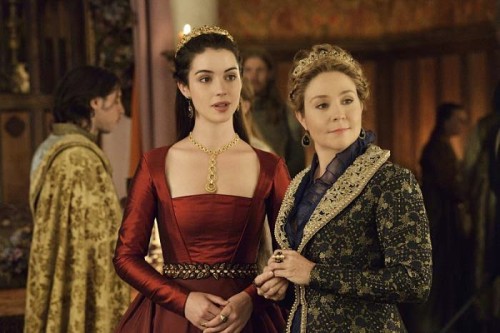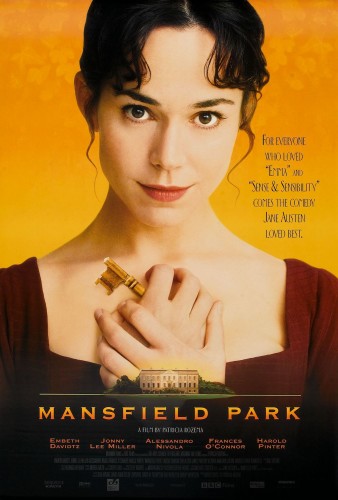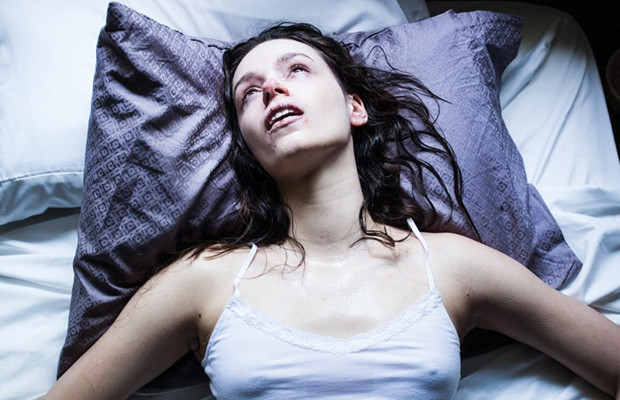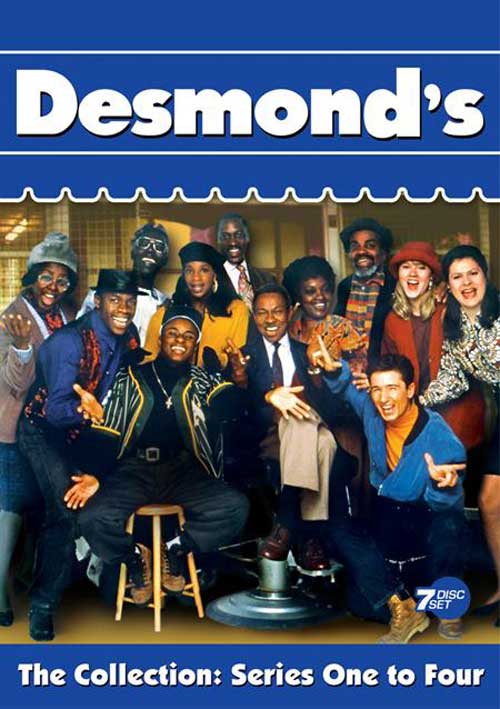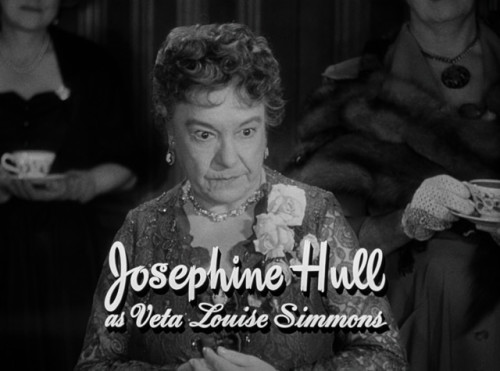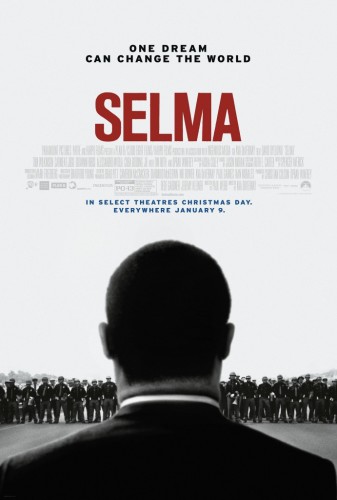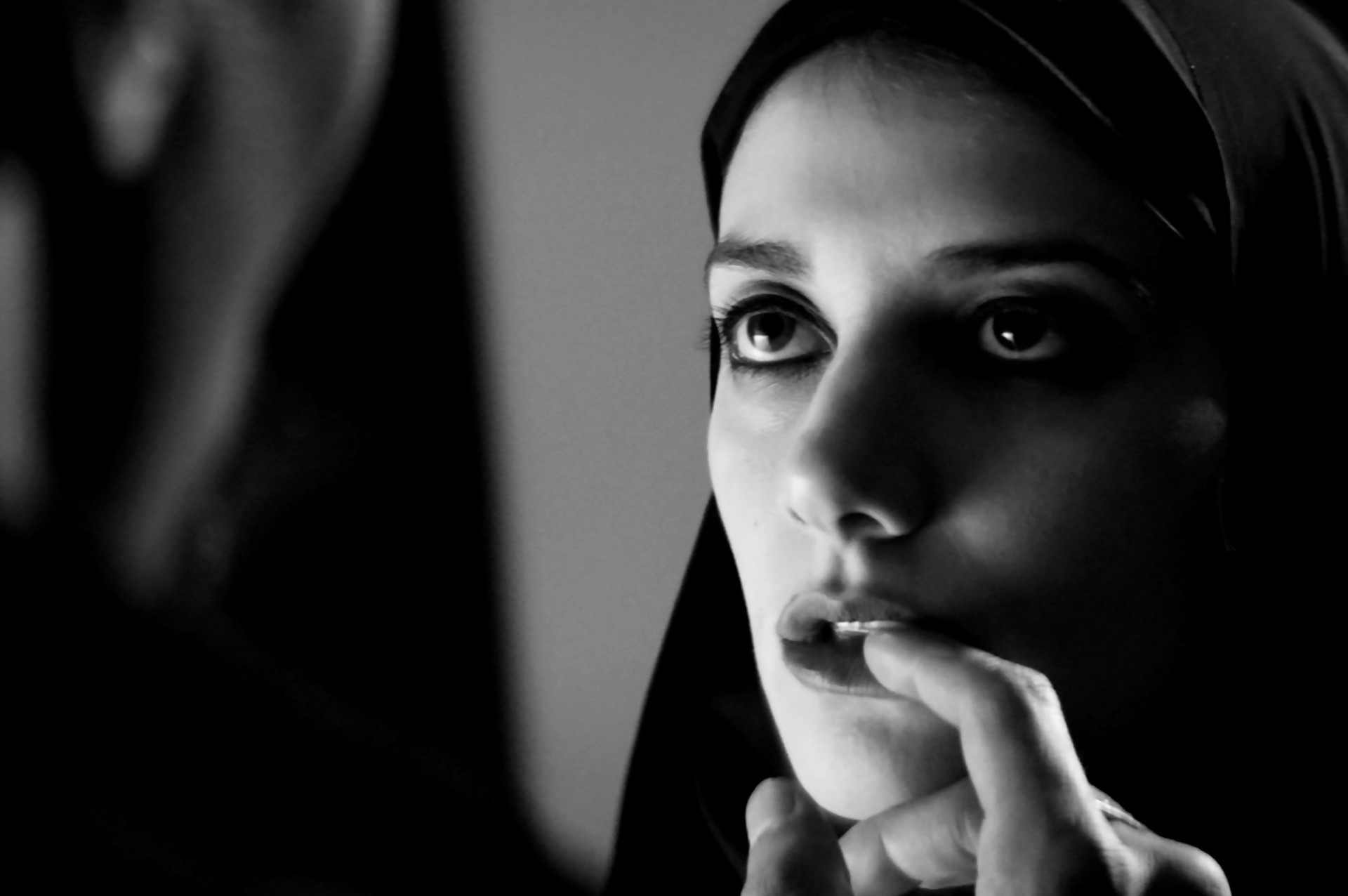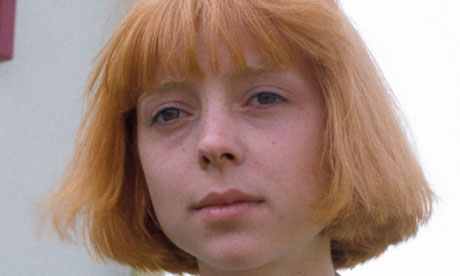On ‘Reign,’ Rape, and Sexual Assault as Plot Device
The show expertly demonstrates how the show’s female characters find ways to move through a world that refuses them power or autonomy. Because of this, I’m very surprised and disappointed that the show chose to have its title character violently raped as a way to advance the plot.
